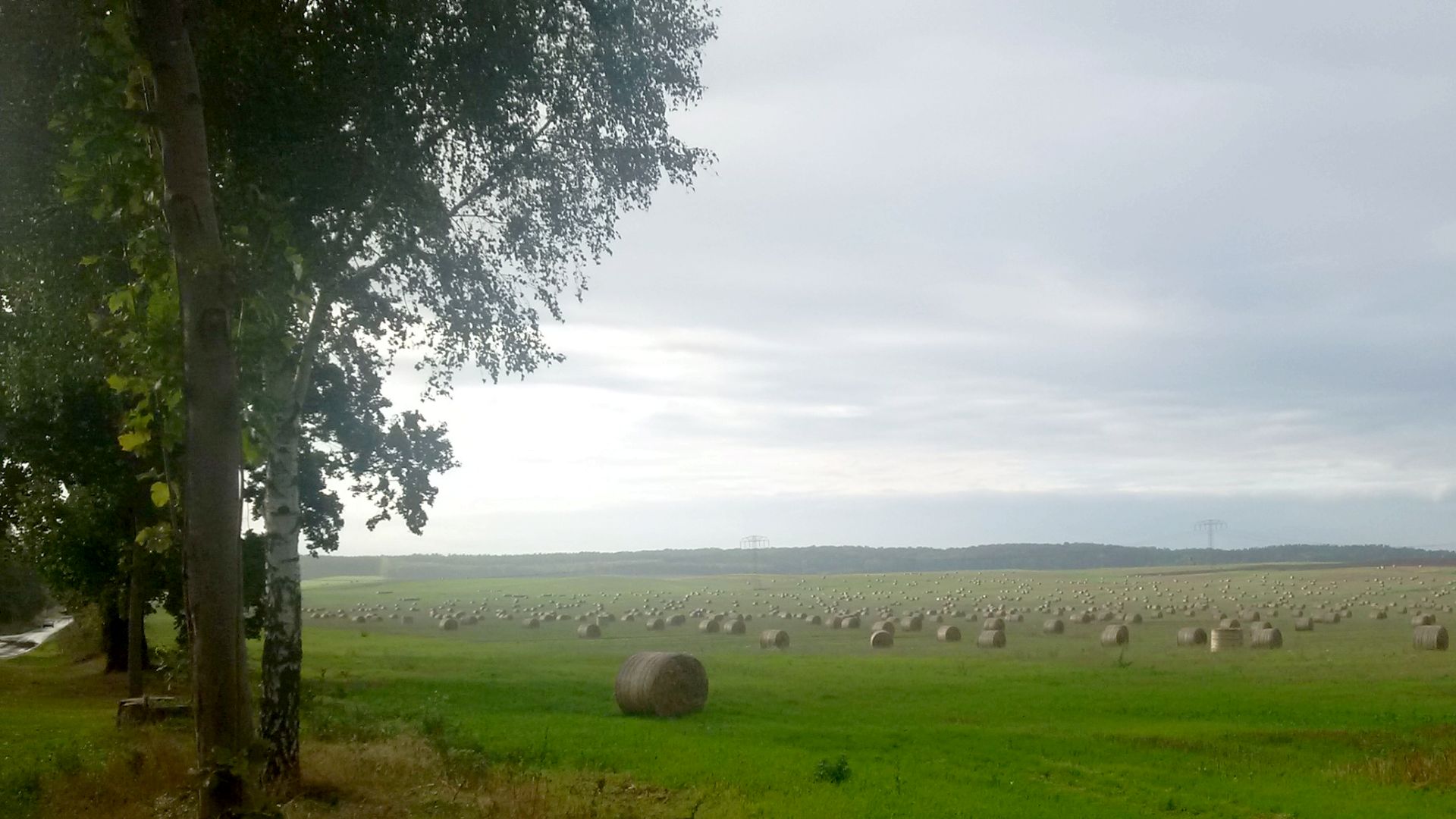Background and goals
The challenges of sustainable development are enormous. Coping with them requires the participation of all social actors. Against this background, the role of socio-ecological forms of coexistence and common good orientation for environmental and social policies of the present and future has been increasingly emphasized in recent years. These initiatives often emerge “out of society” and in the living environments of citizens.
Multigenerational living and co-housing, neighborly sharing, open workshops and creative neighborhood centers, community gardens, citizen buses, bioenergy and eco-villages – there are already numerous examples of innovative forms of community and common good orientation that are working out concrete solutions for socio-ecological change. The social-ecological initiatives make an important contribution to a good and solidary living together.
Environmental policy recognizes the potential of these initiatives for socio-ecological change and therefore wishes to contribute actively to strengthening initiatives and networks oriented towards the common good.
Research questions
- What innovative forms of community and common good orientation exist in our society and what contribution do they make to a socio-ecologically compatible coexistence?
- Which framework conditions are conducive or obstructive to innovative, socio-ecological forms of communality and common good orientation? How do these initiatives organize themselves and how can they be stabilized in the longer term?
- What role does digitization play in the development and establishment of innovative, public good-oriented communities?
- How can environmental policy support these initiatives and contribute to strengthening socio-ecologically compatible forms of coexistence and common good orientation?
Clarification of terms
- In the project, community is defined as a network of self-selected, trust-based, dense social relationships, with members sharing the same values and goals.
- The common good is understood to mean the well-being of a general community, which can be the neighborhood, a region, a country, or even the global community. In the project, such goals and values are subsumed under the term common good, which are oriented to the pluralistic and democracy-related values of the Basic Law.
- Social-ecological is a characteristic that can be attributed to certain values and goals when it combines environmental and conservation issues with social justice issues. Social-ecological change then means making ecological change socially just.
Methods
- Literature and document analysis
- Population survey
- Expert interviews
Results
- Project flyer (pdf) Environmental support and funding strategies for strengthening socio-ecological forms of coexistence and common good orientation
- Future Forum “Innovative Communities in the Digital Age – Shaping Social-Ecological Change on June 27, 2017 | Berlin (www.zukunft-gemeinwohl.de)
- Sentiment barometer (pdf) Potentials and challenges of communality and common good for socio-ecological change – results of a representative population survey
next milestones
- Expert interviews (interview phase: January to March 2018)
- Expert talk on April 13, 2018
- Strategy meetings, including May 24, 2018 and June 20, 2018.
- Strategy paper
Responsible
Institut für Sozialinnovation Consulting UG (Project Manager)
Prof. Dr. Jana Rückert-John (jana.rueckert-john@isiconsult.net)
Dr. Birgit Peuker (birgit.peuker@isiconsult.net.)
Leibniz-Institut für ökologische Raumentwicklung e.V.
Dr. Markus Egermann (m.egermann@ioer.de)
Anna Betsch (a.betsch@ioer.de)
adelphi consult GmbH
Jan Christian Polanía Giese (polania@adelphi.de)
By order of
the Federal Environmental Agency
Federal Ministry for the Environment, Nature Conservation and Nuclear Safety
Technical support Federal Environmental Agency
Subject area I 1.1 Fundamental issues, sustainability strategies and scenarios, resource conservation
Dorothee Arenhövel (dorothee.arenhoevel@uba.de)
Duration
December 2016 until April 2019
